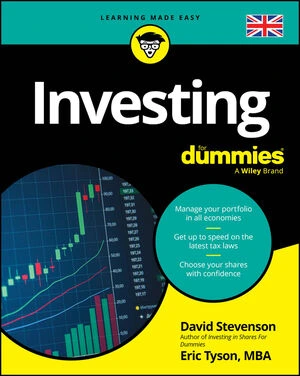The Nasdaq, which lists over 3,200 securities and trades about 2 billion shares a day, is a uniquely electronic exchange and the fastest growing stock market today. (The acronym Nasdaq stands for National Association of Securities Dealers Automated Quotation system.)
The market was formed after an SEC study in the early 1960s concluded that the sale of over-the-counter (OTC) securities (those that aren’t traded on the existing stock exchanges) was fragmented and obscure.
The report called for the automation of the OTC market and gave the responsibility for implementing that system to the National Association of Securities Dealers (NASD). NASD began construction of the Nasdaq system in 1968, and its first trades were made beginning February 8, 1971, when Nasdaq became the world’s first electronic stock market.
Unlike the specialist structure of the New York Stock Exchange, in which one specialist represents a particular stock, Nasdaq market makers compete with each other to buy and sell the stocks they choose to represent. More than 500 member firms act as market makers for Nasdaq. Each uses its own capital, research, and system resources to represent a stock and compete with other market makers.
Market makers compete for customers’ orders by displaying buy and sell quotations on an electronic exchange for a guaranteed number of shares at a specific price. After market makers receive orders, they immediately purchase or sell stock from their own inventories or seek out the other side of the trades so they can be executed, usually in a matter of seconds. The four types of market makers are
Retail market makers: They serve institutional and individual investors through brokerage networks that provide a continuous flow of orders and sales opportunities.
Wholesale market makers: They serve primarily institutional clients and other brokers or dealers who aren’t registered market makers in a particular company’s stock but need to execute orders for their customers.
Institutional market makers: They execute large block orders for institutional investors, such as pension funds, mutual funds, insurance companies, and asset management companies.
Regional market makers: They serve companies and individuals of a particular region. By focusing regionally, these market makers offer their customers more extensive coverage of the stocks and investors in a particular area of the country.






